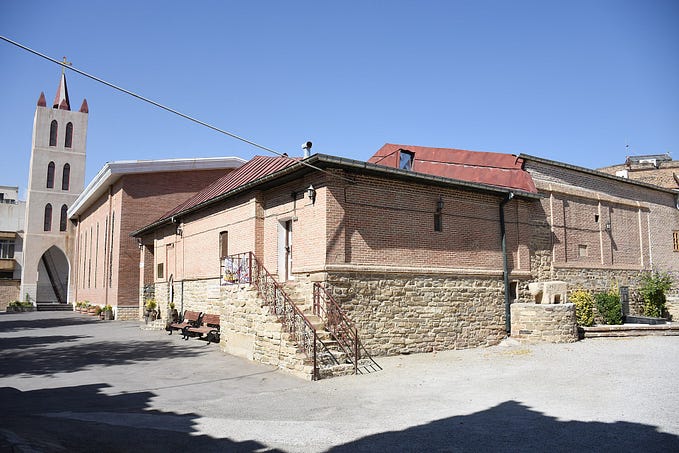
Is a History Tutor a Teacher?
So we reach it, at last, the old nutshell, the philosophical question that has echoed through the ages. Is a tutor a teacher? Why is this important? Because a critical question you will need to ask a tutor is do they have a teaching qualification.
There is of course a rambling philosophical answer to this, but who cares about that? The actual answer is no, a tutor is not a teacher. To explain let us start with what the role of teacher and tutor are conventionally viewed as. Conventionally a teacher is seen as someone who teaches the national curriculum to large groups of students, using suitable learning strategies within school hours. A tutor on the other hand provides 1–1 support tailoring lessons for your son and or daughter and building on and filling in the gaps that your child has developed in their learning. This is tosh!
The reality today is that education and teaching are driven by differentiation — that is ensuring learning is available to every single child in a classroom. Whilst it is true whole group instruction is given (many tutors do this too to maximize their profits, and those who don't dream of being able to do it), the reality is every child must be brought up to a particular standard. It's a teacher's job. Those that don't don't do it, because oh well that's teaching for you, they don’t do it because they are bad teachers. Challenge them over it. Teachers should deliver support for your child through the class, through pull-out groups, through homework assistance outside of class, and through answering questions pretty much 24/7 by email and now video conferencing. Where this fails, a teacher will bring on board a SEN specialist to help develop new strategies to make sure that your son or daughter can learn to their maximum level. In other words, there is a whole educational ecosystem dedicated to ensuring the specific learning needs of your son and or daughter are met. Now, this raises two important points, expectations and capacity.
If your child is already getting strong group-1 support from the school, what do you want a history tutor to actually do? Are your expectations for your son or daughter actually reasonable? This is a hard and emotional question to answer. Not every student can attain the very highest levels in whatever curriculum they are using. If though you are truly happy your child is genuinely not supported and is underachieving, and this certainly happens, ask yourself in what ways are they underachieving?
This question leads to where this all started, asking a tutor if they are a trained teacher. A tutor is being asked to do a complex thing. They must look at only snapshots of your child’s life, decide what skills they have, what skills need to be improved, and honestly decide if they can support these learning needs. This means a tutor must understand how your child learns, any SEN issues that apply and be able to put together a specific strategy to upskill your son and or daughter. This is a big ask unless you have spent a few years training to understand each of these complex issues, and better yet experienced these issues firsthand. If your history tutor does not have this training, how can they deliver these outcomes for your child that likely has specific learning needs or skills gaps?
The only kind of person that can develop this kind of complex learning support is well anyone that has trained as a teacher. This might be a degree such as a BEd, MEd, a diploma such as a PGDE or Postgraduate Certificate in Education (PGCE), Diploma in Education and Training (DET) or any form of training such as Graduate Teacher Programme (GTP) or School-Centred Initial Teacher Training (SCITT). It does not matter, as these all focus on individualizing learning for a student pursuant to their specific learning needs. If however, you don't have this background you cannot understand and support a child’s learning needs.
The best evidence for this comes from the diametrically opposed results studies of tuition produce. Some research indicates tuition has little to no effect and others that it makes a significant difference. Some subjects such as Maths see a big improvement when tuition is conducted and other subjects such as science had no impact. The situation gets further complicated by age and curriculum. What this shows is not the value of tuition, but the value of qualified history tutors. The unqualified history tutors are I would suggest a liability as they do not understand how to support a child and account for much of the substandard tuition on the market. Instead, make the smart choice to employ a trained teacher. As Sutton Trust figures note, a quarter (24%) of secondary school teachers have taken on private tuition 66% of which were responding to parental requests. There is a reason history teachers are so sought after as history tutors.
So in conclusion let me say again, a tutor must have a teaching certificate if you are to be sure they can actually target and improve specific elements of your child's learning. Anything else will likely be a waste of money.







